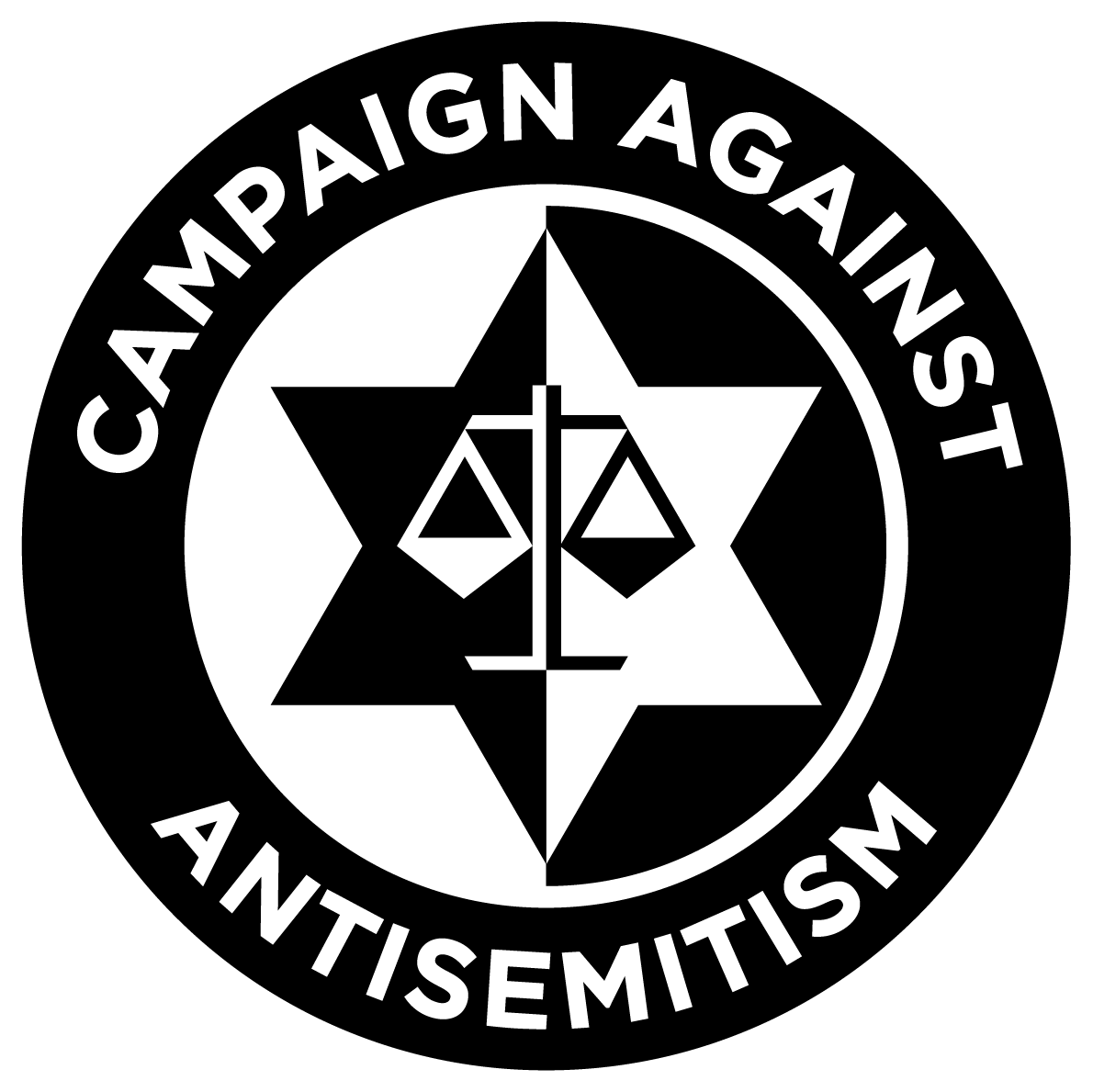Recognising the Muslim Brotherhood’s terrorist connections whilst failing to ban it shows that the red lines on extremism are blurred beyond all useful purpose
In April last year, the Government commissioned a review of the Muslim Brotherhood. Whilst the full review is classified, the major findings were published last Thursday.
The review found that the Muslim Brotherhood:
- Is linked to Hamas, which is the “Palestinian branch of the Muslim Brotherhood and the Muslim Brotherhood treat them as such”;
- Conducted terrorist attacks against “both British and Jewish interests”;
Is the origin of ideology which “has inspired many terrorist organisations, including…Al Qaida and its offshoots”; - Leaders “routinely use virulent, antisemitic language”;
- “Played an important role in establishing and then running the Muslim Council of Britain” with which the Government severed ties “after an office holder signed a public document which appeared to condone violence against any country supporting an arms blockade against Gaza”;
- Requires its members to keep their membership “a secret”;
- Has built “a complex network of charities…linked to Hamas”;
- “Held out the prospect and ambition of an Islamic state in this country as elsewhere”;
- “Applauded suicide bombing by Hamas”; and
- “Selectively used violence and sometimes terror in pursuit of their institutional goals.”
The review is a portrait of an insidious, clandestine, centralised network which has used front organisations, especially charities, to encourage and finance extremism, antisemitism and terrorism.
The conclusion of the review is that “aspects of Muslim Brotherhood ideology and tactics, in this country and overseas, are contrary to our values and have been contrary to our national interests and our national security,” however the Prime Minister has astonishingly decided not to ban the Muslim Brotherhood in the UK.
In recent months the Prime Minister has clearly stated that the Government’s Counter Extremism Strategy must involve not only fighting those who commit extremist acts, but also those who support and encourage extremism. In July the Prime Minister explained: “When you look in detail at the backgrounds of those convicted of terrorist offences, it is clear that many of them were first influenced by what some would call non-violent extremists.”
It is clear from the review that while “the Muslim Brotherhood has not been linked to terrorist-related activity in and against the UK”, it promotes extremism. In his response to the review, the Prime Minister said that “membership of, association with, or influence by the Muslim Brotherhood should be considered as a possible indicator of extremism…Parts of the Muslim Brotherhood have a highly ambiguous relationship with violent extremism.”
In October the Government published its Counter-Extremism Strategy, promising to counter extremist ideology, build partnerships with all those opposed to extremism, disrupt extremists, and build more cohesive communities. At the time, we warned that “success will be measured by action.” We welcome the Prime Minister’s promise to consider action under the Counter-Extremism Strategy.
The Muslim Brotherhood in the UK should be banned under the Terrorism Act.
The review of the Muslim Brotherhood details its longstanding record of antisemitism, intolerance and support for terrorism, not least by Hamas which is part of the Muslim Brotherhood. Recognising this but failing to ban the Brotherhood shows that the Government’s red lines on extremism are blurred beyond all useful purpose.
The full review can be downloaded. You can also download our full response including the most relevant excerpts from the review.



